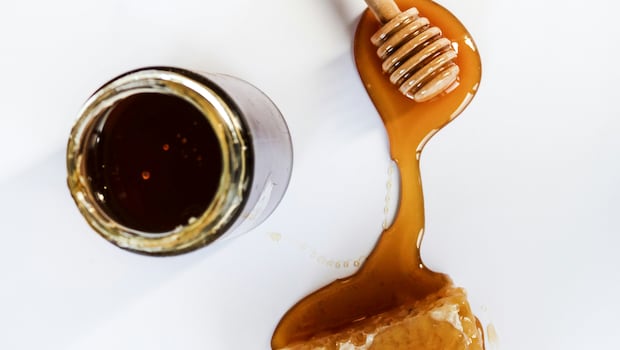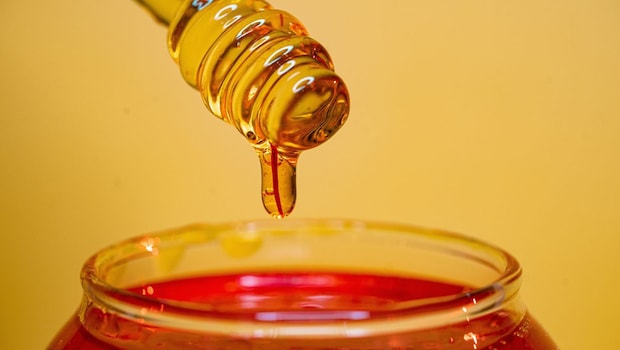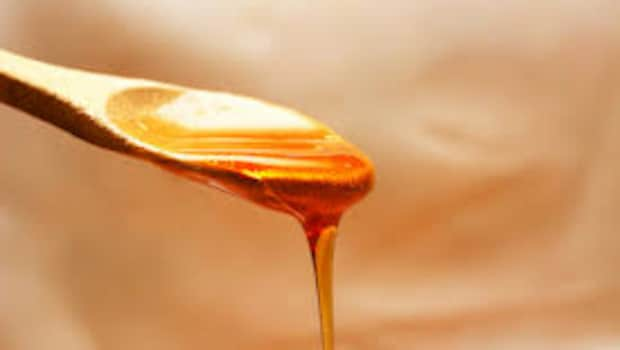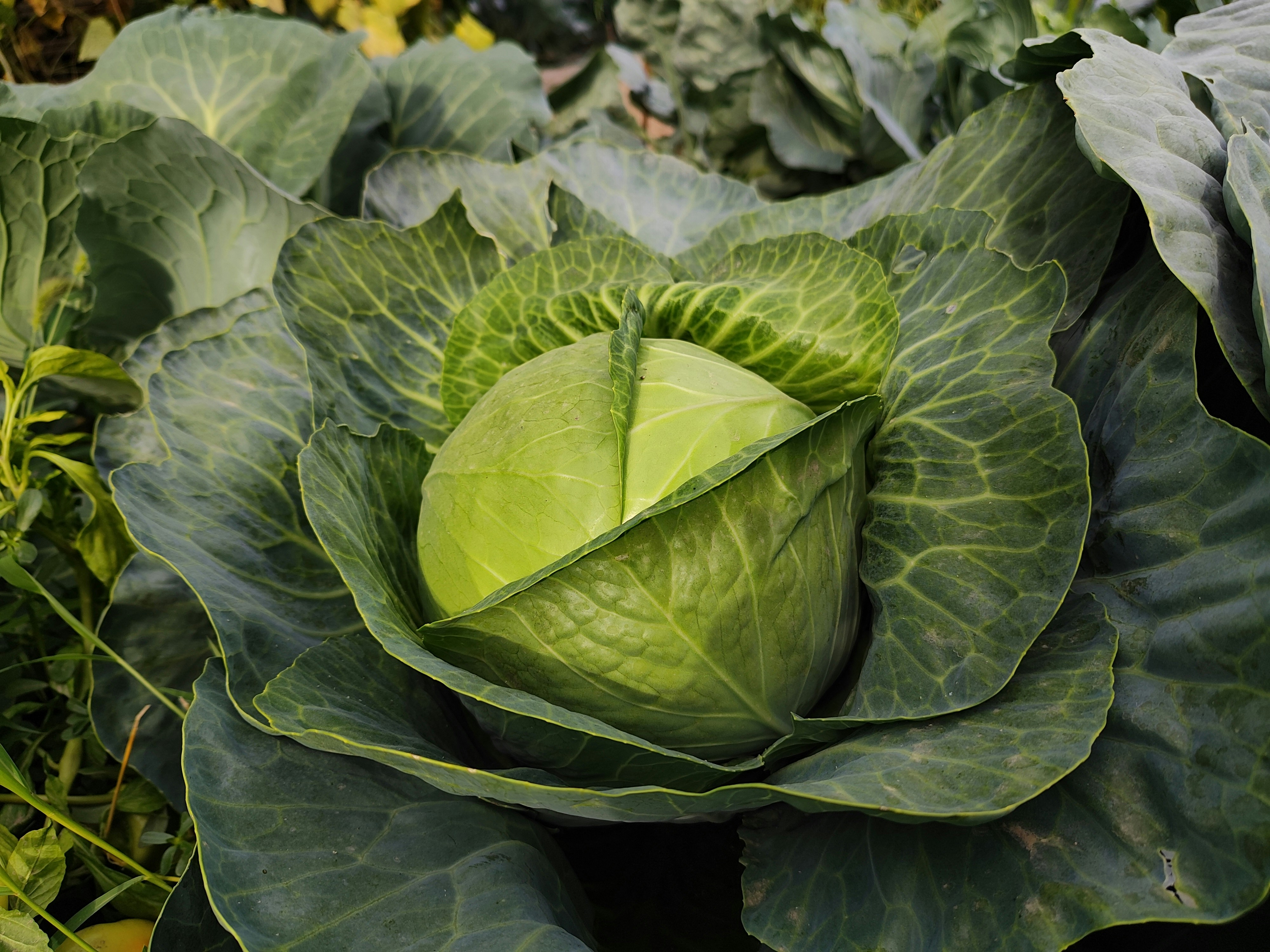Honey is widely used not just as a sweetener but for its perceived health-benefits. From soothing a sore throat to boosting immunity, honey can do wonders for you. Yet many kitchens routinely heat or cook honey without thinking of possible consequences. Is that fine, or is there more to this than meets the eye? Emerging research suggests that heating honey-even moderately-can reduce or remove many of the beneficial compounds that make raw honey special. It's important to unpack not just tradition and folklore (for instance in Ayurveda) but what modern science is telling us. Let's explore when to use honey, when to avoid heat, and what the studies actually reveal.
Also Read: How To Lose Weight After Diwali: A 5-Day Diet Plan To Shed Festive Weight Fast
What Science Says About Heated Honey

From a scientific standpoint, honey's composition is sensitive to heat. Raw honey contains active enzymes like invertase, diastase, and glucose oxidase, which give it its antibacterial and healing qualities. Heating honey - whether in a pan or oven - can deactivate these enzymes, reducing its potency.
For example, one study published on National Library Of Medicine found that microwave (MW) thermal treatment of rapeseed honeys completely abolished their antibacterial activity by inactivating bee-derived glucose oxidase and defensin-1.
Another study looked at honeys heated at different times/temperatures and found that after treatment, the formation of hydroxymethylfurfural (HMF) increased, which is often used as a marker of heat damage or aging in honey.
A review article summarised that thermal processing, especially above 40 degrees C, adversely affects both antioxidant and antimicrobial properties of honey.
Thus: heating may impair the functional benefits of honey.
What Ayurveda Says About Heating Honey
Ayurvedic texts go a step further, cautioning against cooking honey entirely. According to Ayurveda, heated honey becomes "toxic" and can produce unwanted compounds that are difficult for the body to digest. While the modern scientific community doesn't use the word "toxic", studies have shown that excessive heat can lead to the formation of compounds like hydroxymethylfurfural (HMF), which, in high amounts, may be harmful over time.
Also Read: 6 Common Mistakes That Are Ruining Your Homemade Dal Tadka
Why Heating Honey Can Be a Problem

In addition, high temperatures can alter honey's flavour, colour, and texture. The golden liquid might turn darker and taste slightly burnt, losing its natural floral aroma. While it won't suddenly become poisonous, it will no longer retain the same nutritional charm that raw honey is prized for.
So, should you heat honey or not? The answer depends on why you are using honey and what benefits you are seeking.
When to Avoid Heating Honey
- For therapeutic or medicinal use: If you want to maximise honey's enzymes, antioxidants, and antimicrobial properties, beekeeping experts universally recommend consuming it raw or adding it to beverages only after they've cooled below 40°C.
- For gut health and immunity: According to experts and ayurvedic practitioners, raw honey supports beneficial gut bacteria and contains active enzymes that aid digestion.
- For wound healing: Research shows that raw honey's hydrogen peroxide content and enzyme activity make it effective for topical use on burns and wounds.
When Heating Honey is Acceptable
- For culinary purposes: If you're baking, roasting, or cooking with honey primarily as a natural sweetener, One Honey and other experts confirm that heating it is not harmful- it simply becomes a healthier alternative to refined sugar.
- For flavour and caramelisation: Heating honey to 104°C (219°F) or higher causes caramelisation, which changes its colour and flavour, creating deeper, richer notes ideal for glazes, sauces, and desserts.
- Practical use: Experts recommend gently warming crystallised honey (below 40°C) in warm water to restore its liquid form without significant nutrient loss.
Conclusion

Photo Credit: Pexels
The age-old question, 'Should you cook or heat honey?' does not have a one-size-fits-all answer, as multiple scientific studies and expert analyses have shown. If you're seeking honey's full spectrum of health benefits-enzymes, antioxidants, antimicrobial power then keeping it raw or warming it gently is the way to go.
But if you're baking holiday cookies or glazing roasted vegetables, research from the Defence Food Research Laboratory and international food safety organisations confirms that heating honey won't turn it into a toxic substance. The rise in HMF is real, but it's modest compared to your daily coffee and well within safe limits established by the European Union. Ayurveda's caution against heating honey may not translate to acute toxicity, but it wisely emphasises preserving honey's natural integrity.
In the end, honey remains a gift from nature; just use it thoughtfully, and it will continue to sweeten your life, heated or not.
Also Read: 5 Powerful Health Benefits Of Starting Your Day With Coconut Milk
Safe Ways to Use Honey In Warm Foods
You don't have to give up warm honey-based drinks or recipes altogether. The key lies in temperature control.
- Add honey to lukewarm water or tea, not boiling. Wait for the liquid to cool down slightly before mixing it in.
- Drizzle honey on warm toast, but avoid spreading it on bread straight out of the toaster.
- Use it in salad dressings or dips, where it stays uncooked but still adds a natural sweetness.
- For baking, where honey is mixed into batter and exposed to high heat, understand that it will act as a sweetener but won't provide all the health benefits.
These small adjustments can help you preserve honey's nutrients while still enjoying its taste in your favourite recipes.
Best Time and Way to Consume Honey
For health purposes, the best way to have honey is raw - ideally, a spoonful on an empty stomach in the morning or stirred into room-temperature lemon water. This helps support digestion, boosts energy, and soothes the throat. You can also pair it with turmeric or ginger for an extra immunity kick, especially during seasonal changes.
Avoid adding honey to boiling milk or hot soups - these combinations may taste good but defeat honey's natural purpose as a healing food.
Link references:
Microwave processing of honey negatively affects antibacterial activity:
https://pubmed.ncbi.nlm.nih.gov/28946234/
Effect of thermal treatment on physicochemical and antioxidant properties:
https://pubmed.ncbi.nlm.nih.gov/31304409/
Review on effects of processing methods:
https://academic.oup.com/ijfst/article/58/7/3489/7808051
Physicochemical characteristics of heated honey
https://pmc.ncbi.nlm.nih.gov/articles/PMC3215355/
The Toxicological Aspects of the Heat-Borne Toxicant 5-Hydroxymethylfurfural in Animals
https://pmc.ncbi.nlm.nih.gov/articles/PMC7221839/







